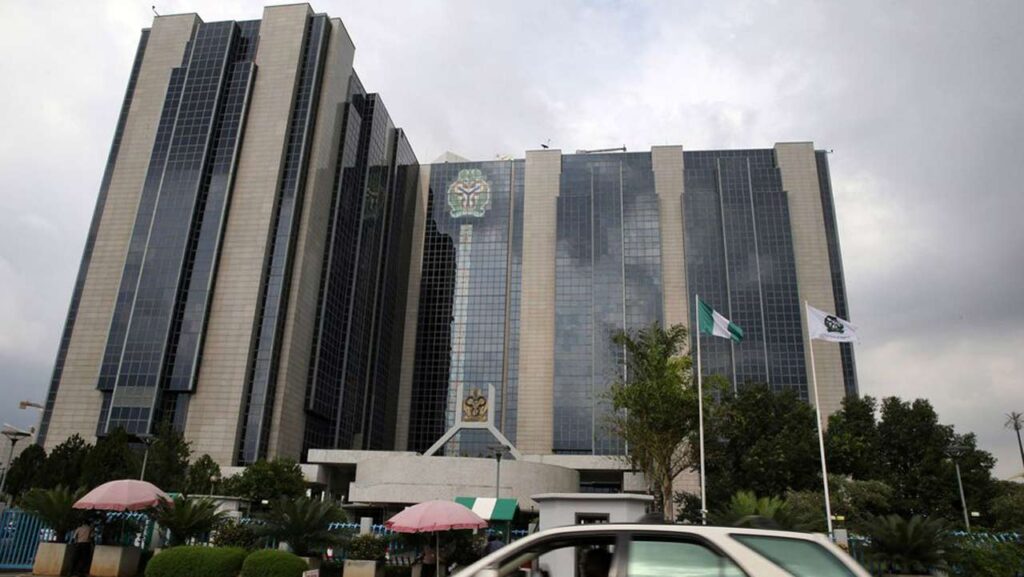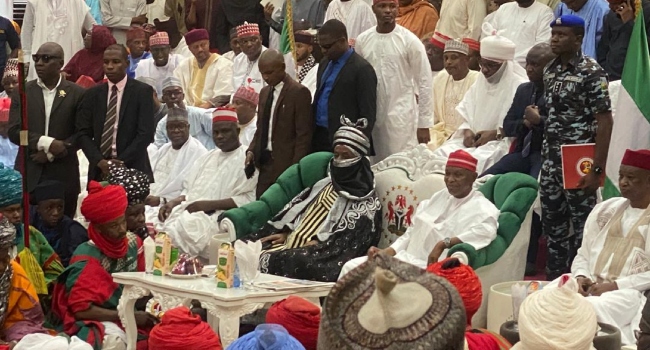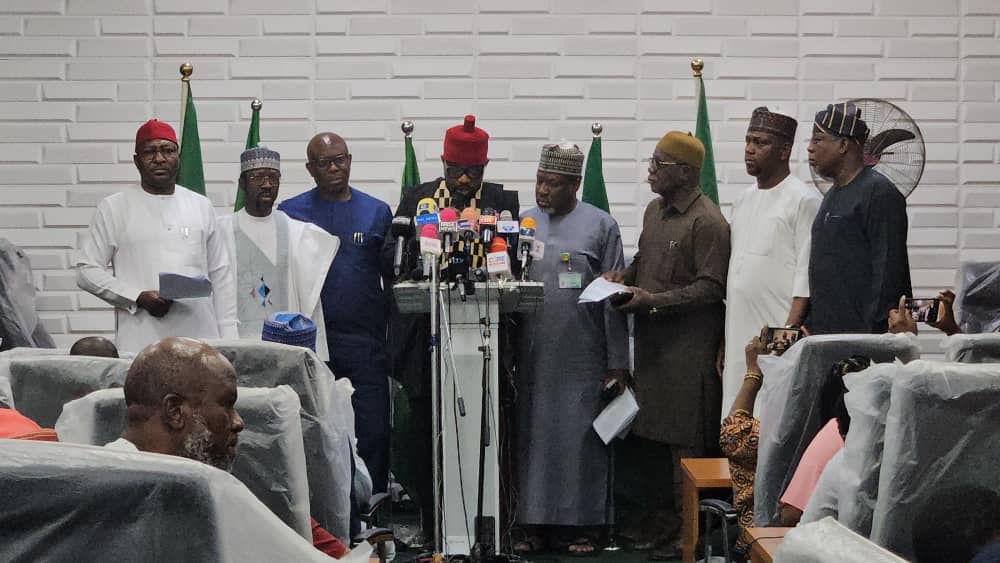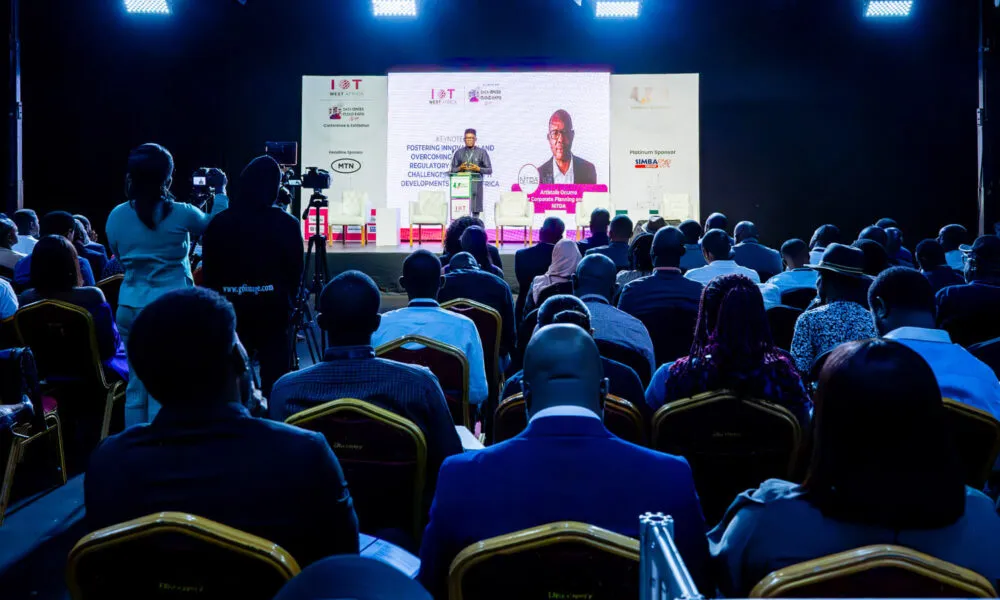
A financial expert, Mr Okechukwu Unegbu, says interest rate on bank loans is a derivative of the Monetary Policy Rate (MPR) of the Central Bank of Nigeria (CBN).
Unegbu, a past president of the Chattered Institute of Bankers of Nigeria (CIBN), said this in an interview with the News Agency of Nigeria (NAN) on Saturday in Abuja.
He was reacting to some stakeholders’ complaints about high cost of funds in the financial system,
He said that the MPR presently at 18.5 ped cent was responsible for the seeming high interest rate.
“When you look at high interest rate, there is benchmark set by the CBN, which is high, coupled with high inflation and foreign exchange challenge.
“All these push up the cost of funds as reflected in the lending rates by the Deposit Money Banks (DMBs).
“Government policies also contribute to this, like the issue of multiple taxation, which scares people away from paying taxes.
“Government should eliminate multiple taxes to accommodate many more people into the tax net,” he said.
NAN reports that in its last meeting in May, the Monetary Policy Committee (MPC) of the CBN had raised the MPR, which measures interest rate from 18 per cent to 18.5 per cent.
The MPR is the baseline interest rate in an economy, upon which every other interest rate used within the economy is built.
Godwin Emefiele, the suspended governor of the apex bank, who chaired the meeting, had, however, said that the committee members voted to retain all other parameters.
The asymmetric corridor of +100 and -700 basis points around the MPR; the cash reserve ratio (CRR) of 32.5 per cent and liquidity ratio at 30 per cent were, thus retained.
NAN reports that the CRR is the share of a bank’s total customer deposit that must be kept with the CBN in the form of liquid cash.
The liquidity ratio is the proportion of deposits and other assets the banks must maintain to be able to meet short-term obligations.










